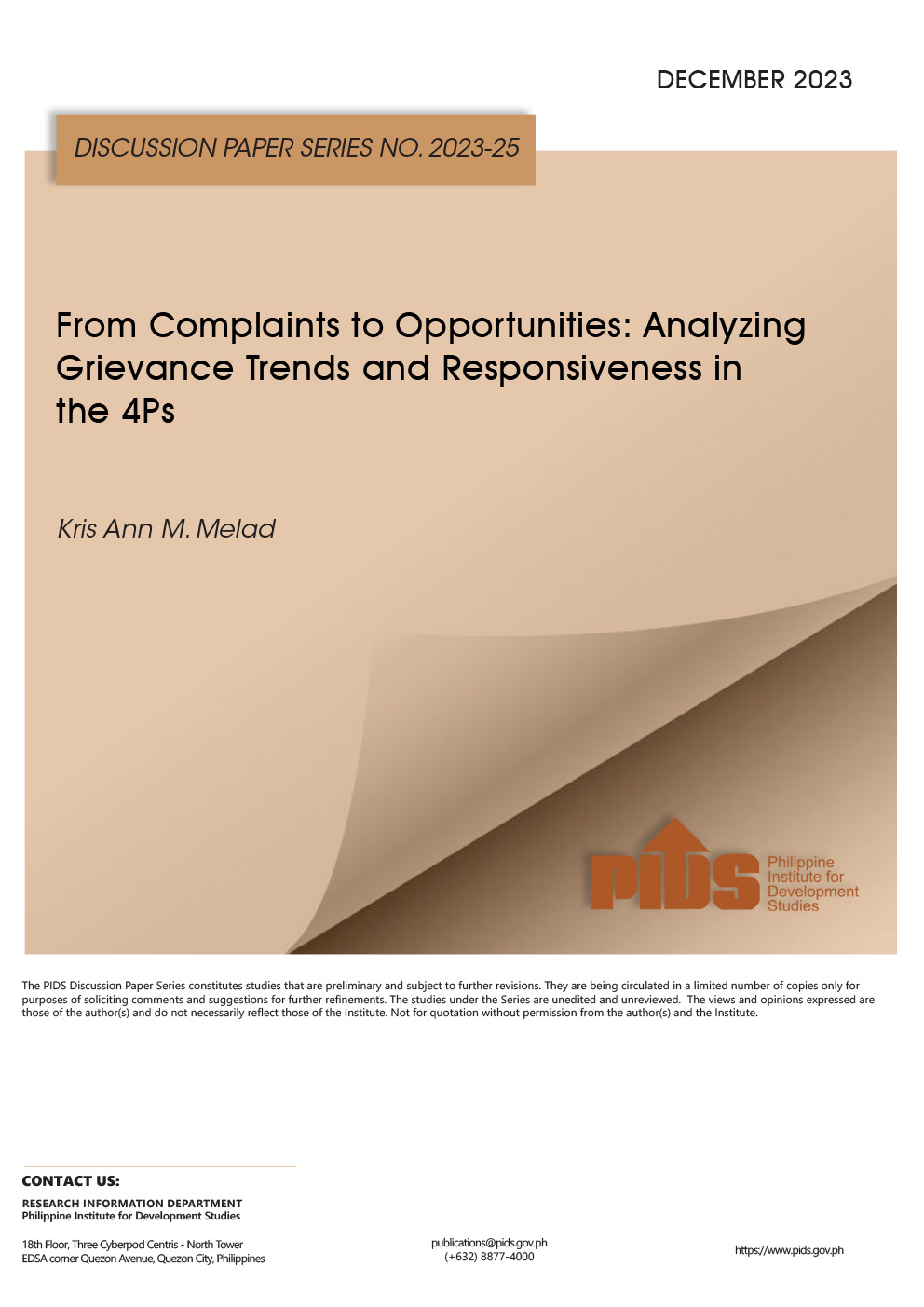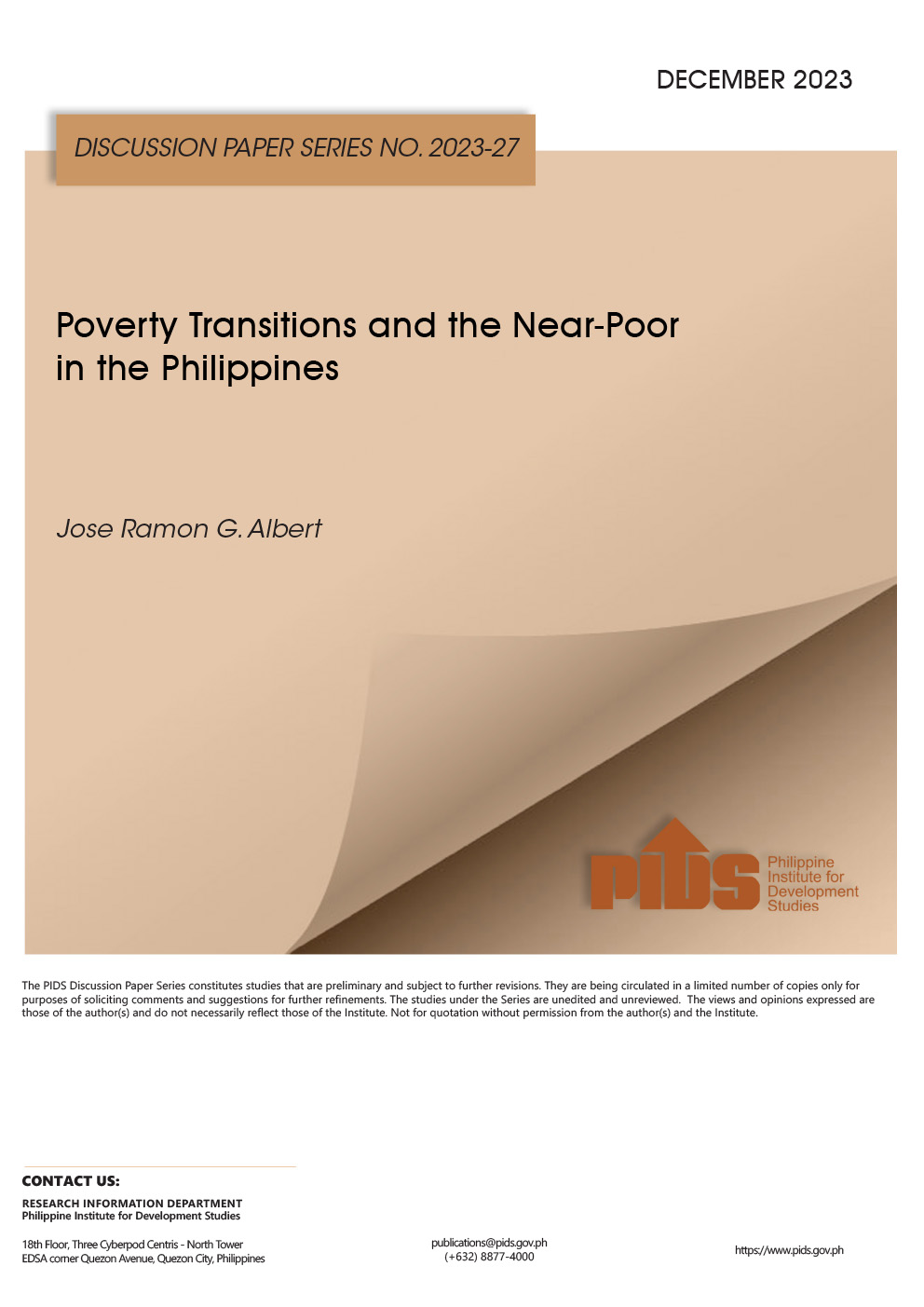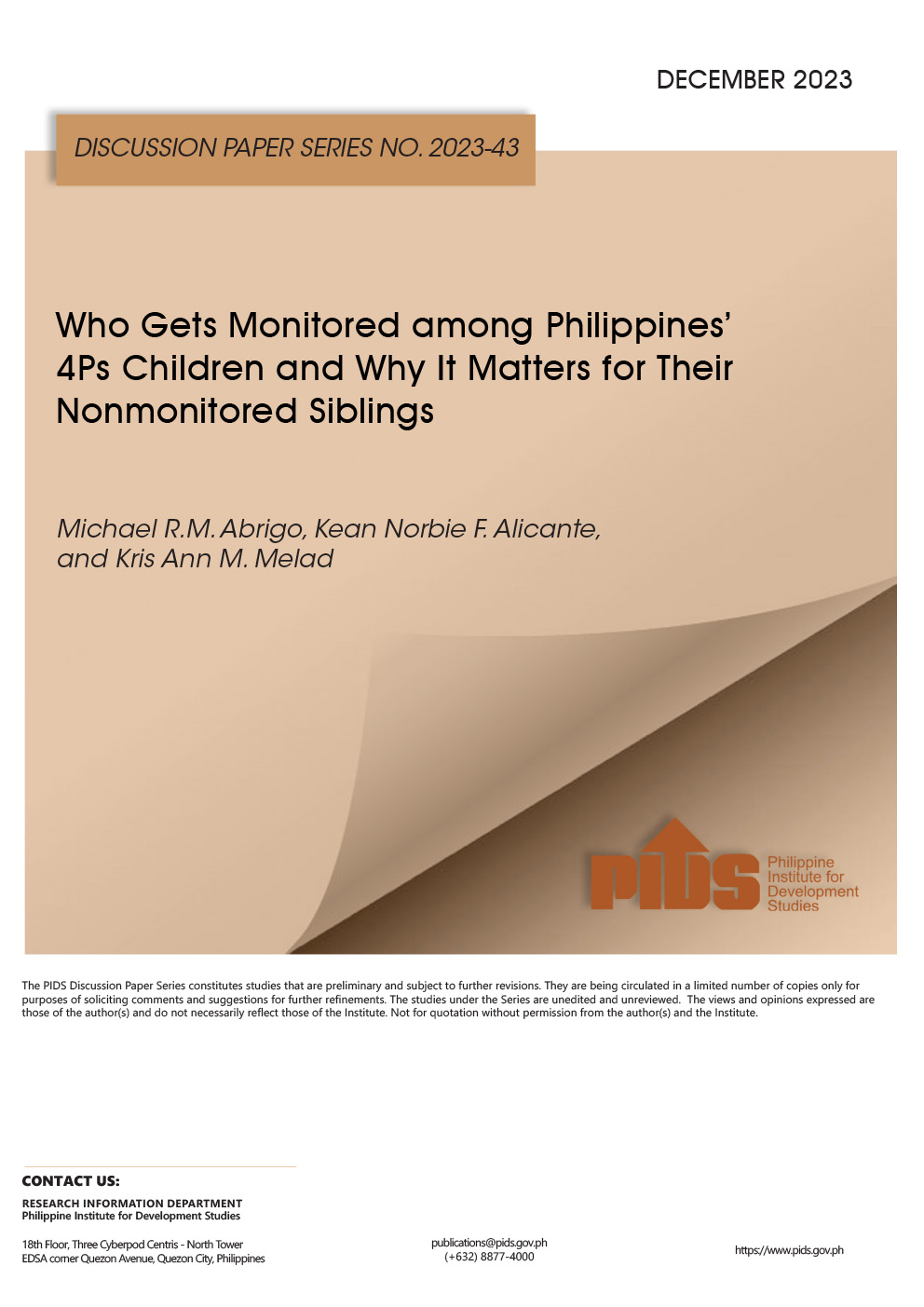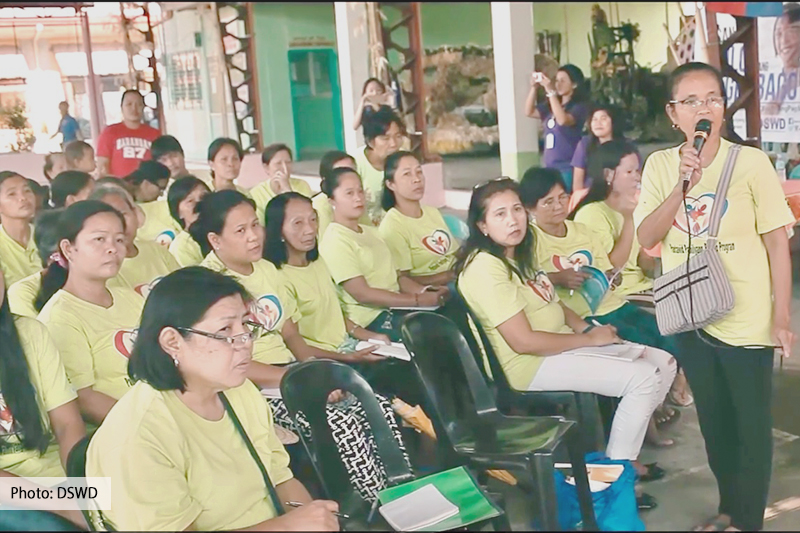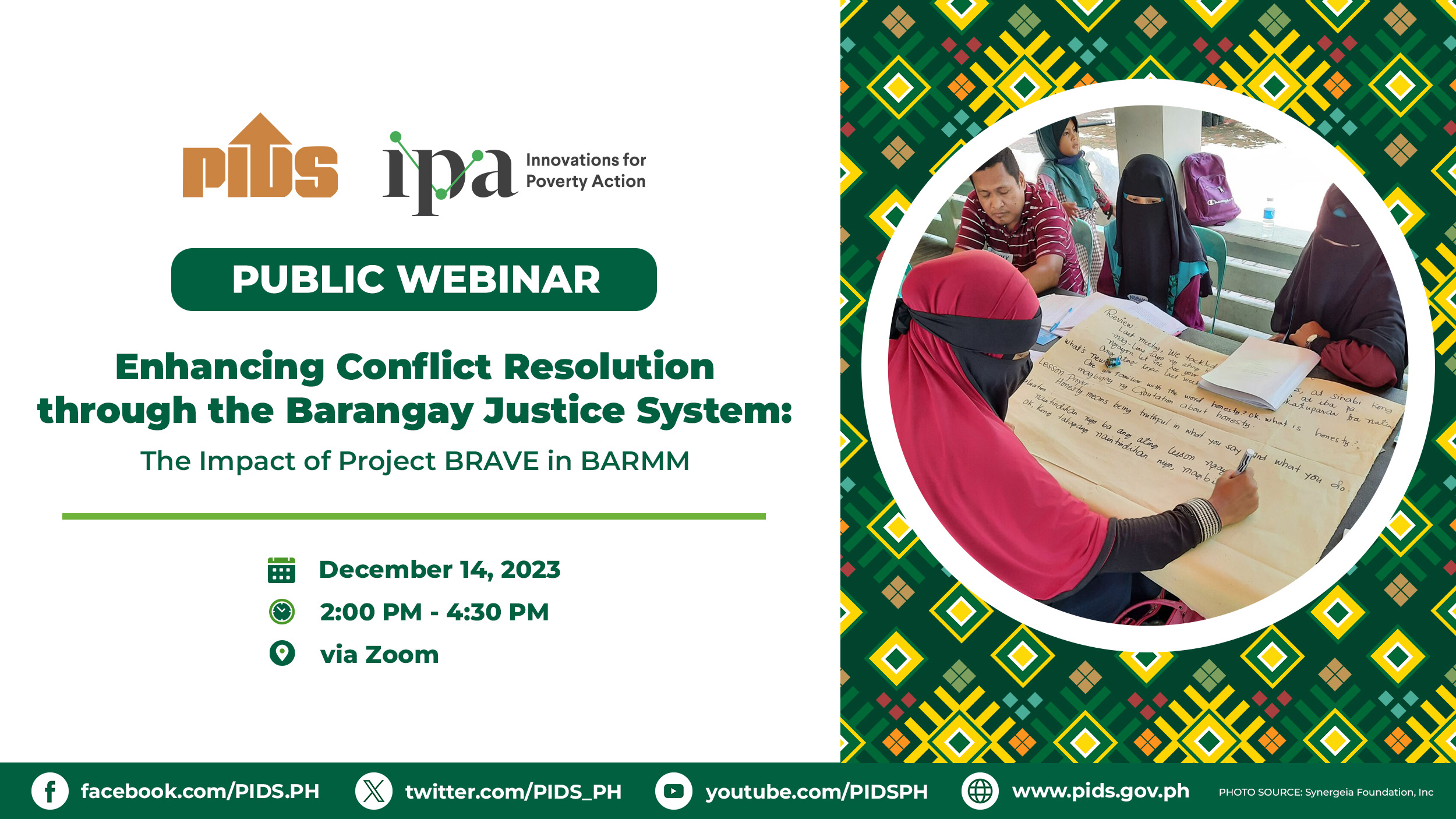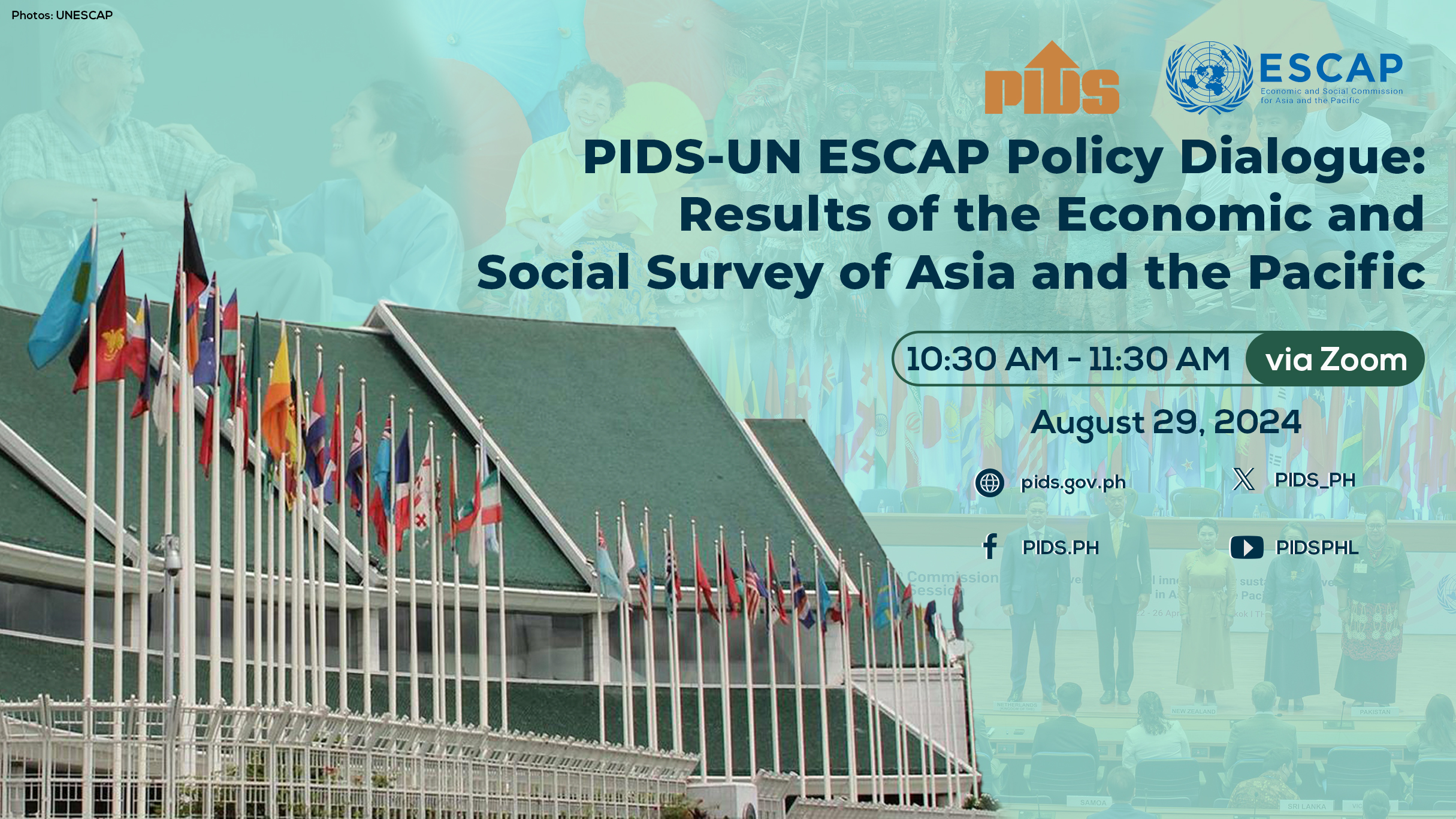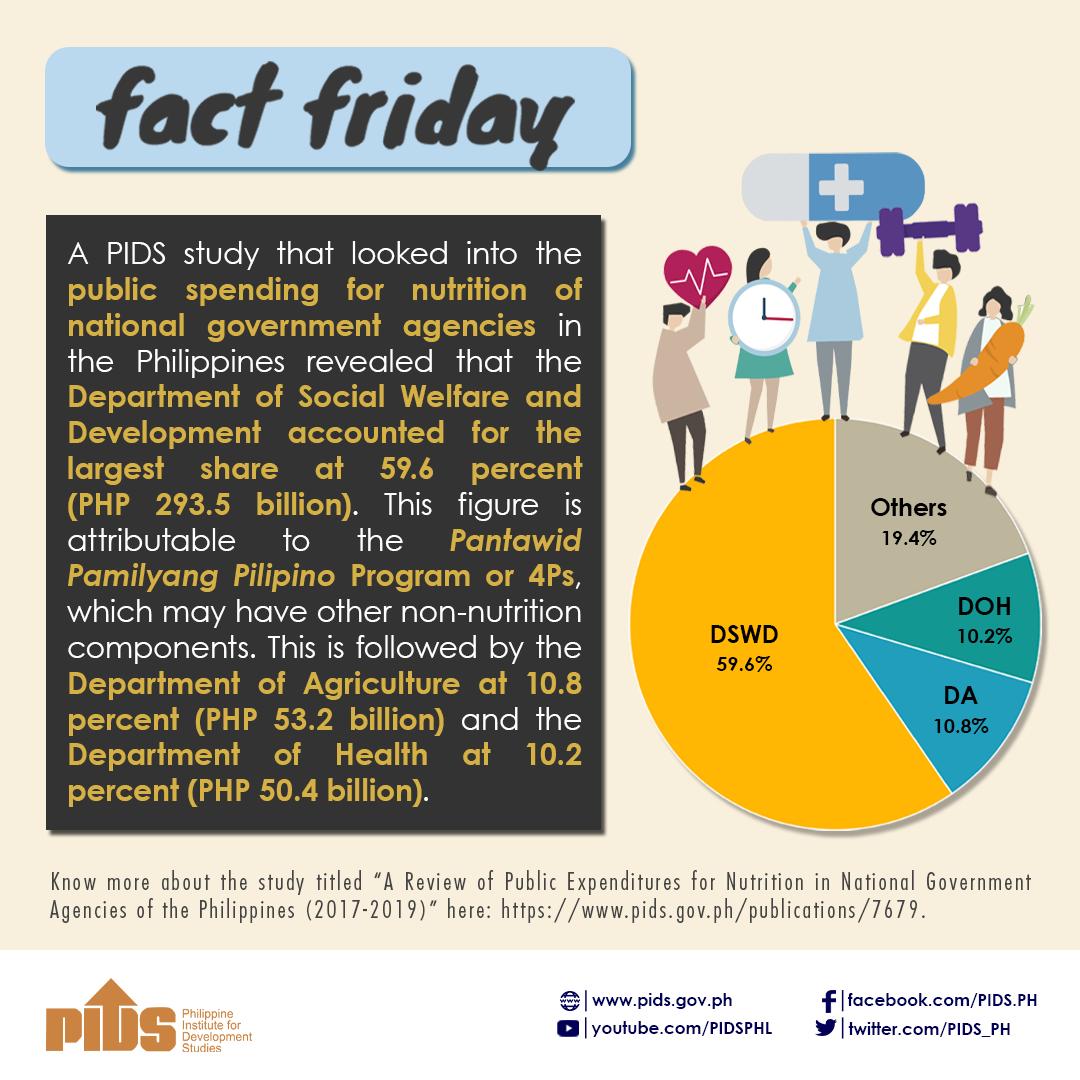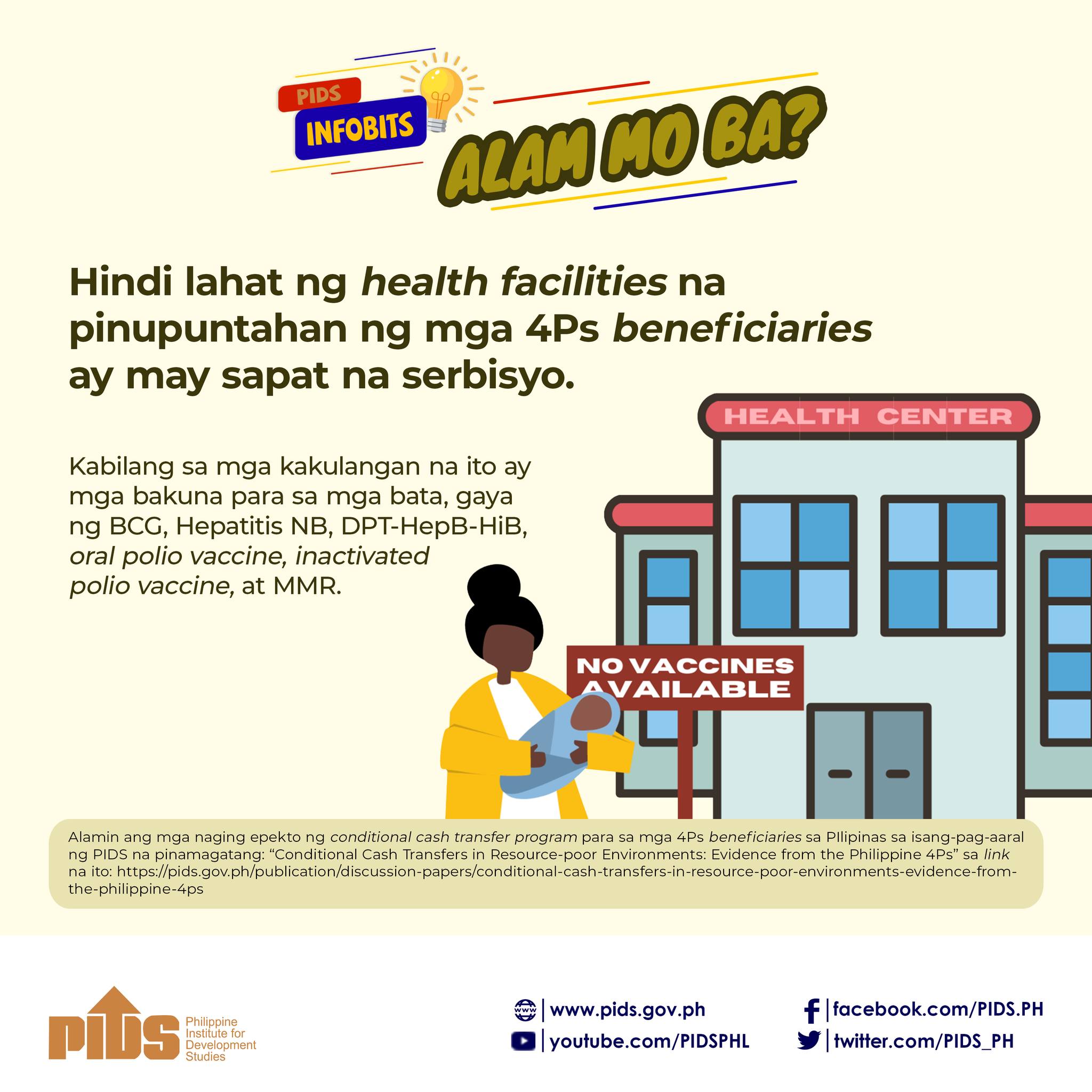The Department of Social Welfare and Development (DSWD) expressed elation on Wednesday, April 14, over the results of the third impact evaluation (IE3) on the Pantawid Pamilyang Pilipino Program (4Ps) showing that the government’s human capital investment program “has desirable impacts on education and health of children and pregnant women.”
The DSWD cited the study conducted by the Philippine Institute for Development Studies (PIDS) from 2017 to 2018 indicating the desirable impacts of the program on the country’s vulnerable sectors.
Republic Act 11310 or the 4Ps Act mandates that an impact evaluation be conducted by the PIDS every three years after the effectivity of the Act to assess the implementation of the 4Ps.
The PIDS study “also gathered positive results on household welfare such as income and food security, community participation, and awareness of basic means to mitigate vulnerabilities such as disaster preparedness among adults; and, strong determination of children to complete and succeed in school, despite of the challenges,” the DSWD noted.
Citing the study, the agency said among the specific gains of 4Ps are the following:
-Positive impact on enrolment of children aged 12 to 17 yrs. old;
-Decrease of hunger incidence among 4Ps;
-Increased awareness and modern use of family planning methods among program beneficiaries;
-Increased prenatal care services and skilled birth attendance among women beneficiaries;
-Increased access to child care services such as deworming, vitamin A supplementation, and visitation of health facilities for weight monitoring; and
-Improved household welfare; and 7) increased participation in community and community development activities among beneficiaries.
The PIDS study also highlighted that “4Ps does not encourage dependency” and that “4Ps recipients do not have higher spending on vice goods such as alcohol, tobacco, and gambling compared to non-4Ps beneficiaries.”
“The result of the IE3 also validates the earlier findings of the program being on track in keeping children healthy and in school, as well as positive change in behaviors,” the DSWD said.
“Through the result of the IE3, DSWD believes that it will further help reinforce the creation of policies and programs to alleviate poverty in the country.”
The PIDS has recommended to the National Advisory Council to adjust the amount of 4Ps cash grant every six years after the effectivity of the Act.
In 2020, 4Ps household-beneficiaries started receiving higher cash grants as mandated by Republic Act 11310 or the 4Ps Act.
Program recipients receive monthly health grant amounting to P750 from P500. Education grant for children in senior high school is at P700 from P500, while the education grant for children in junior high school and elementary school remains at P500 and P300, respectively, for 10 months.
Apart from the health and education grants, the beneficiaries also receive rice subsidy amounting to P600 per month.
Since 2008, the Pantawid Pamilya has invested in human capital development and in the health and education of poor households, particularly of children aged 0 to18 years old.
DSWD elated with results of third impact evaluation report on 4Ps

